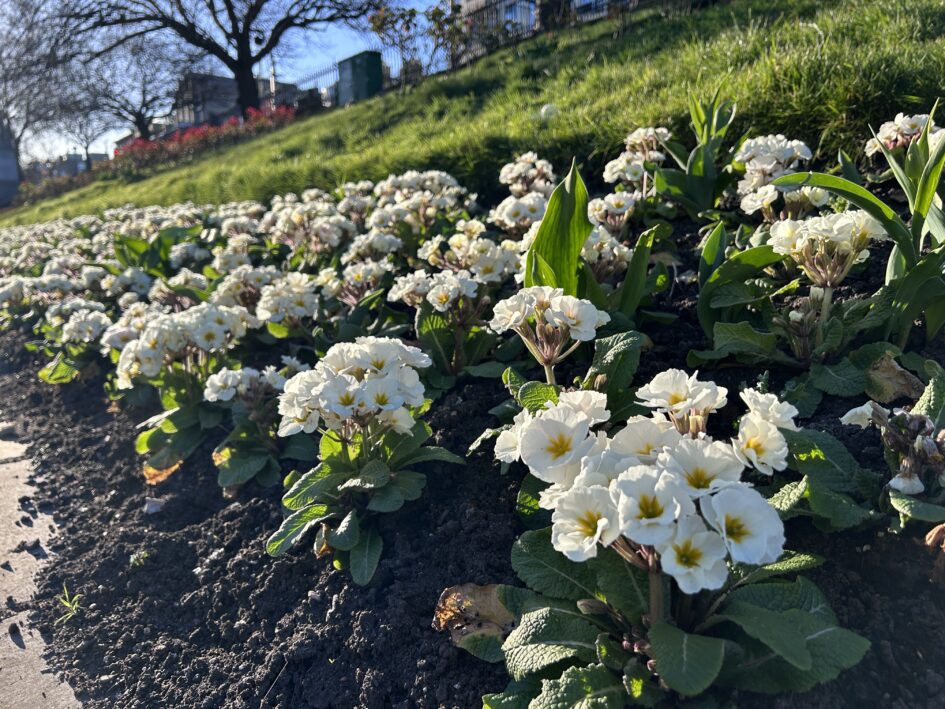To Hanyun Xue:
I’m glad to have learned more about your personal experience by reading your blog. You have a very strong ability to generalize and outputs a lot of your own ideas in blogs. I think there is a lot for me to learn from your blog. I’m also interested in decentralized exhibitions, which break away from the traditional curatorial authority dominated by a single curator or institution, and involve more people in decision-making to ensure diversity in the process. In my opinion, the development of art is a process of constantly learning and challenging traditional models, and art should also accept and accommodate technologies from multiple fields and ideas from more people. However, I am also thinking about whether to restrict the identities of participants in this process, such as having a certain artistic foundation or educational background, to ensure the quality of the exhibition, or to accept suggestions from different social classes to ensure the diversity of data. In short, I think this is a good shift to reshape the power structure of cultural production. I’m sorry to share some of my immature thoughts with you, and I hope to learn more about this exhibition from your blog in the future.
To Yuhang Yang:
I read your blog and I think it is a very good idea to use art not only to show the suffering, but to let the world see the value of the Pakistani people. If people who have experienced suffering see other using art to recreate those tragic memories, he/she may be painful. However, to show the audience the hard work and wisdom of the suffering people will kindle the hope of the suffering people, and let more people begin to cherish these precious works, thus calling for the end of the war. It is a great idea to use modern media to interact and make the audience part of the exhibition as well. In addition, your exhibition reminds me of John Akomfrah’s Mimesis: African Soldier in Glasgow Gallery of Modern Art. The exhibition uses a multi-screen video installation to present discussions about colonial history and war in Africa. Maybe you can find out next week on the field trip to Glasgow. I have learned a lot from your blog, and I hope my suggestions are of some help to you.



Leave a Reply